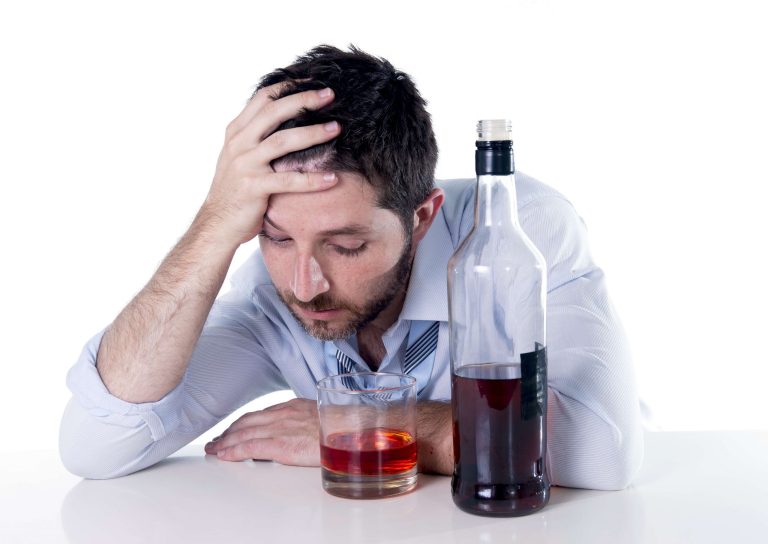So, I think it’s imperative that as medical professionals, we work harder to work with people where they are while also recognizing the profound dangers of addiction. The reason for this comes from three key points regarding how addiction affects an addict. The third point of note is that a https://www.shamardanov.ru/500-velichajshih-albomov-vseh-vremyon-po-versii-zhurnala-rolling-stone.html person’s risk of addiction rises based on hereditary factors.

My Account

If anything, this evidence suggests a need to increase efforts devoted to neuroscientific research on addiction recovery 40, 43. The ambiguous relationships among these terms contribute to misunderstandings and disagreements. Fundamentally, we https://nm.tj/society/4598-shagon-zigar-nachalas-tretya-faza-proekta.html consider that these terms represent successive dimensions of severity, clinical “nesting dolls”. Not all individuals consuming substances at hazardous levels have an SUD, but a subgroup do.
Is Addiction a Disease or a Choice? Debunking Common Misconceptions
Here, we therefore address these criticisms, and in doing so provide a contemporary update of the brain disease view of addiction. We provide arguments to support this view, discuss why apparently spontaneous remission does not negate it, and how seemingly compulsive behaviors can co-exist with the sensitivity to alternative reinforcement in addiction. Most importantly, we argue that the brain is the biological substrate from which both addiction and the capacity for behavior change arise, arguing for an intensified neuroscientific study of recovery. More broadly, we propose that these disagreements reveal the need for multidisciplinary research that integrates neuroscientific, behavioral, clinical, and sociocultural perspectives. Importantly, proponents of the BDM not only refer to the neurobiological effects drugs have on the brain but also project this https://newsprom.ru/news/Dosug/59182.html onto various impairments as a result of these effects.
- The brain is always changing and adapting to experience—even now, as you read this.
- Longitudinal studies that track patient trajectories over time may have a better ability to identify subpopulations than cross-sectional assessments 13.
- With time, more and more alcohol or drugs are needed to achieve the same level of pleasure and satisfaction as when they first started.
- Those things do, in fact, make people seek alternative rewards so those are good public policies that we should have more of.
Cited by other articles
The neuroadaptations characteristic of addiction are longlasting; it is for this reason that the Alcoholics Anonymous slogan “once an alcoholic, always an alcoholic” has more than a grain of truth to it. Yet plainly the former heavy drinker or drug taker who has been abstinent for many years need not be suffering from any impairment (though she may have a vulnerability to suffering an impairment). All by itself, this fact shows that the neuropsychological dysfunction underlying addiction is not sufficient for disease. Indeed, with regard to some addictions some individuals who satisfy the dysfunction condition suffer no impairment despite continuing to take the drug. Whether this is true will vary depending on the drug, the consumption method, and (importantly) the ability of the agent to access the drug safely and reliably. More controversially, some individuals addicted to benzodiazepines or to nicotine delivered by “e-cigarette” may suffer no impairment of rationality, of agency or of the capacity to pursue a worthwhile life.
Are addictions diseases or choices?

He also points out an interesting exception; American military men who served in Vietnam showed an astonishing 40% rate of addiction to opiates following their use. One, the high rate of opiate addiction among Vietnam veterans highlights the fact that understanding a drug’s action at the neuronal level is not sufficient to account for the facts of drug abuse. Two, and this comes later in the book, opiate addiction in Vietnam veterans may have implications for the study of addiction in broader populations. The first of the seven chapters provides an overview of the history of drug use and abuse, as well as information about its current prevalence.
A brain disease? Then show me the brain lesion!
- Behavioral researchers like Dr. Lewis try to argue this by acknowledging that the brain does change during addiction, but they view it as a situation like playing with clay.
- The first time individuals drink or take drugs, they do so voluntarily, and they believe they can control their use.
- It would take many blog posts to summarize in detail what goes on in the article (let alone the brain), so I’ll hit the points that are most meaningful to me as a practitioner and citizen — and forgive me if I get a little personal.
- For instance, Murphy and Stich (2000) have hypothesized that depression might sometimes result from an overly (but not pathologically) sensitive relative status detector.
- I’m used to arguing cleverly that the “disease concept” of addiction is really just a metaphor, and a sloppy one at that.
Similarly, the discussion on whether addiction is a disease or a disorder is not relevant for understanding addiction, nor is it useful in determining responsibilities. Disease does not equate non-accountability and assuming certain consequences solely based on a diagnosis is a mistake. These disagreements regarding voluntariness and the disease label constitute a major part of the addiction debate, suggesting a large disagreement between the models. However, after careful analysis, the models merely seem to be in disagreement regarding the degree of affected capacity. Consequently, it is much more informative to attempt to reach a consensus regarding the capacities of the addict, most notably their ability for impulsivity and decision-making, rather than unnecessarily treating the two models as opposites. While it is true that individuals make choices that can lead to addiction, it is important to recognize that addiction is not solely a matter of choice.